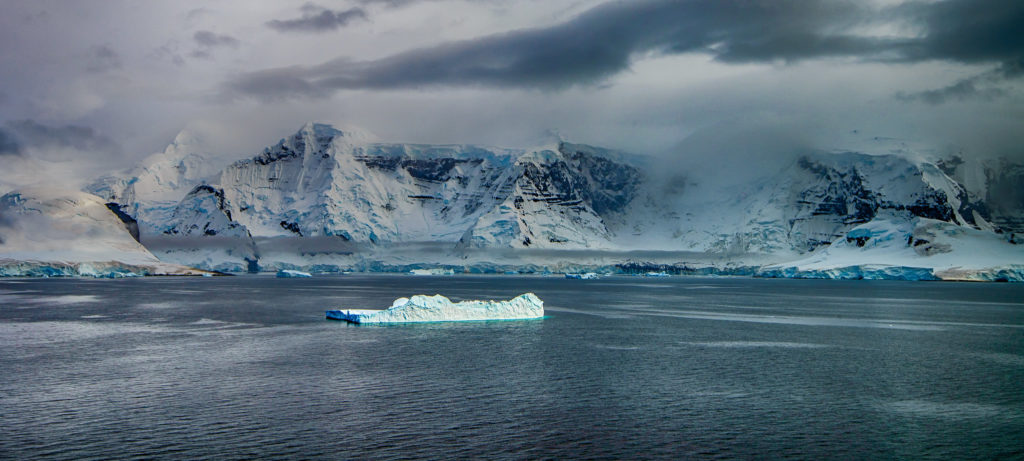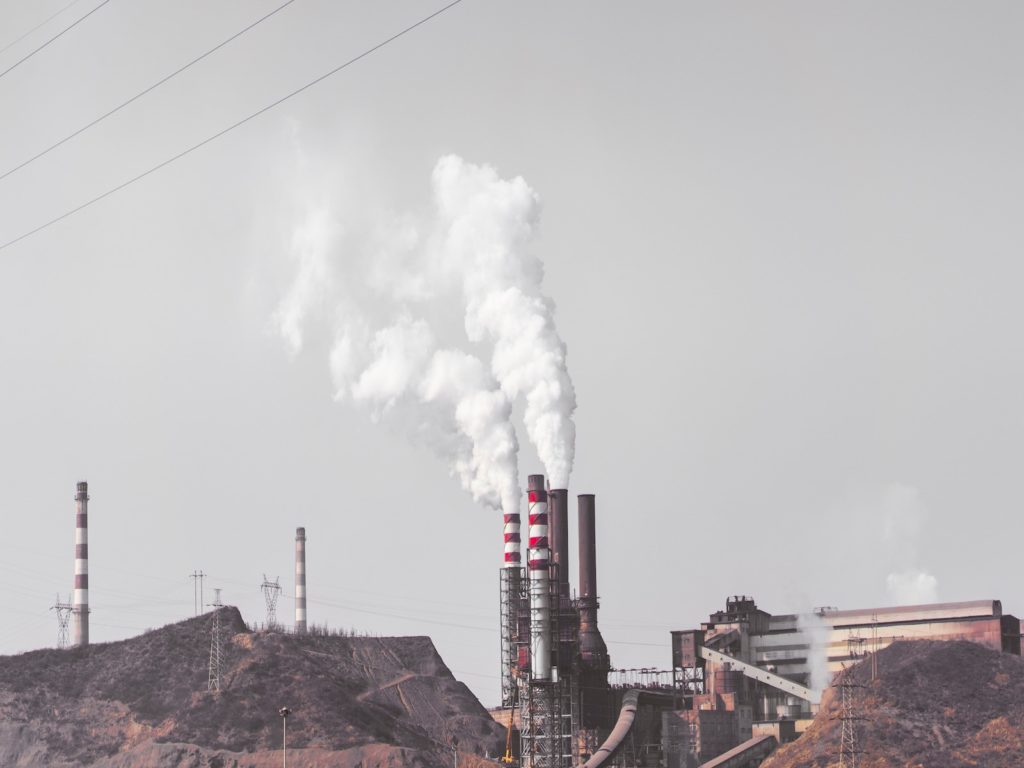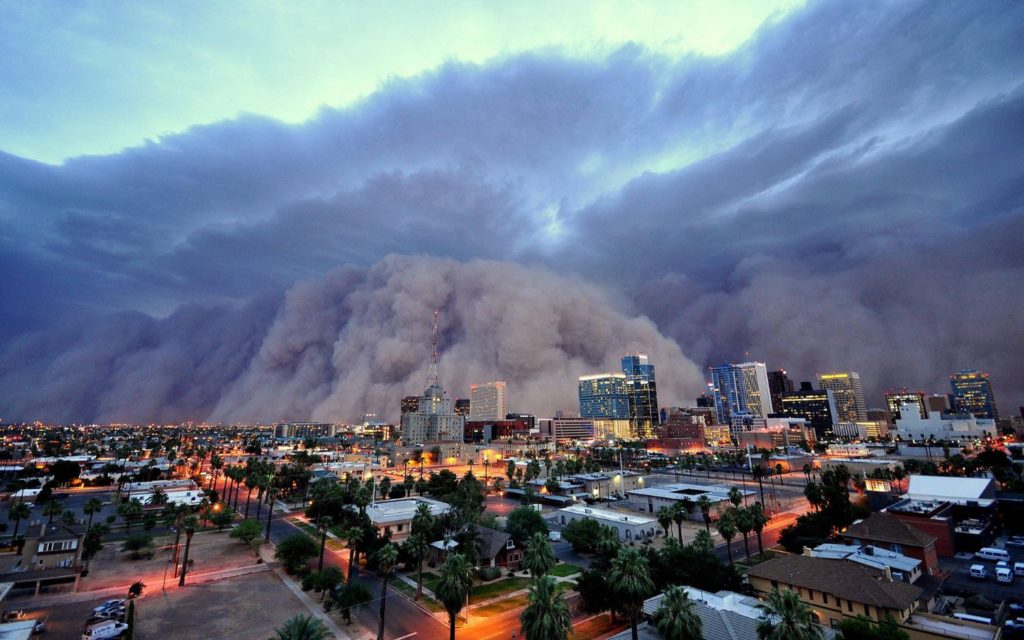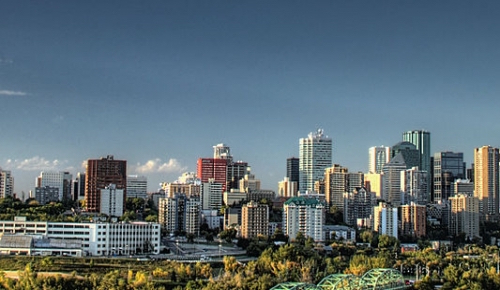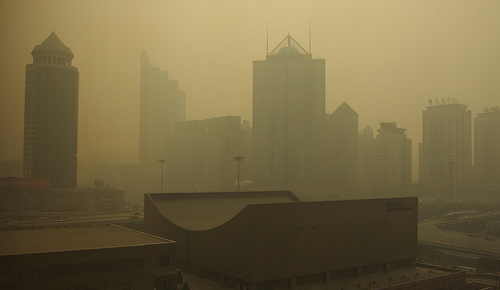
Italy has much to say about climate change and how it affects land
Sustainable agriculture, adaptation plans and creativity are all needed to drive a high quality productive sector that considers scientific knowledge on climate change and sustainability. Italy can play an important role in a global context where, among others, food, eating habits, sustainable land use and the dialogue between science and society are crucial elements.

